|
Last week, William Deresiewicz, author of Excellent Sheep: The Miseducation of the American Elite and the Way to a Meaningful Life, published a controversial piece in The New Republic. Don't Send Your Kid to the Ivy League basically claims that kids who go to top schools get turned into zombies.
He's right, a little. There are definitely kids at top-tier schools who are intense, hard-working memorizers, but pretty poor problem solvers. The problem is, Deresiewicz taught at an Ivy for many years, so these are the exact sorts of kids he was likely to interact with most. You know -- the self-selecting group that only cares about getting the A. The ones who hound TA's about what questions will and won't be on the exam. Who are more focused on performance than learning. The real inventors, innovators and creators at Ivy League schools are often too busy for office hours. They're too busy for the A. They're off exploring the world around them -- and identifying important energy, infrastructure and social problems along the way. They're turning the project they did for last semester's engineering class into a company. They're leading their volleyball or dance or debate or whatever-they're-passionate-about team to a national championship. Or playing in a rock show. Or taking advantage of one of the thousands of non-classroom opportunities available to them at a prestigious and well-endowed school. Deresiewicz's strongest point is that fewer and fewer kids who make it to the Ivies think this way. But here's what he got wrong: Good schools don't turn kids into zombies. Bad parents do.
Parents today emphasize results over effort and learning. They discourage kids from participating in activities that "won't look good" on their college application. They hire tutors, email teachers and schedule meetings with the principal to insulate kids from ever failing. This means that our young adults are unable to deal with failure. After all, if they've never experienced a setback before, they're not suddenly going to be able to do it now, just because they had a birthday. Resilience -- like social skills, emotional skills, leisure skills, creativity, curiosity and passion -- is something we develop. It doesn't happen automatically.
They tell their kids that studying is what it takes to get into a good college, which is what it takes to get a "good job" -- which, for over 50% of the nation's top graduates, means one of five things: med school, law school, grad school, consulting or finance. We train them that to be successful means to memorize -- not to think. They learn how to follow instructions, not forge their own path. We make them into zombies that put their heads down, grind their teeth, and go -- without looking around and thinking about what is actually meaningful to them. Not all parents are guilty of this. Plenty still encourage their kids to do things that normal people do, like sleep, play, develop their own interests, and socialize. And you know what? Their kids are always the ones who are the happiest and most successful in and after college. Take Blake English. He was a smart kid, and he went to a great charter school in San Diego. But he didn't spend his after-school hours working on problem sets and cramming for tests. No way. What Blake loved... was flight. He loved making paper airplanes -- and then styrofoam ones. He loved putting together complicated models, and he loved flying remote-controlled planes and gliders. He learned how to use -- and build -- his own tools. He competed in RC glider competitions. Obviously, his grades were good enough to help him get into Stanford -- but it was his intrinsic interest in flying that made him shine. From the moment I met him, I knew he was one of the best engineers at Stanford. He worked hard in his classes, but spent just as much time working on other ideas. You know. For fun. And what happened to Blake? After falling in love with an idea he had for a class project, he teamed up with inventor Mark Forti and began inventing award-winning toys -- while finishing his bachelor's and master's degrees! Here's the official version of the story: In a strange case of history repeating itself, Blake invented a toy for his product development class at Stanford University just as [X-zylo flying gyroscope inventor] Mark had done years earlier. Blake pitched the prototype to Mark, and two years later WMC launched the Air Swimmers line of remote control flying fish. Add a viral YouTube video with over 12 million hits, and Air Swimmers became a worldwide sensation! Air Swimmers were featured on television by David Letterman, Jay Leno, Jeopardy, Jimmy Fallon, Dancing with the Stars, and Jonathan Ross and online by Tosho, Vsauce and Jenna Marbles. Blake won the 2011 TAGIE toy inventors’ award, and the product won the 2012 Gift of the Year Award. A whole line of Air Swimmers followed the original shark and clownfish, including a bass and licensed Angry Birds products.
I know a lot of kids who graduated and started an impressive career -- but most of them weren't featured on Jay Leno.
No, but seriously. If you don't have an Air Swimmer, buy one now. They are so silly and fun, no matter how old you are. You want to learn to be a more playful adult? Buy an Air Swimmer.
Another guy who springs to mind is Kris Cheng. Kris lived down the hall from me one year, and he was always up to something interesting. Sometimes, it was schoolwork -- he did his undergrad work in Energy Resources Engineering and his master's in Management Science and Engineering. But he also loved rock climbing, backpacking and photography. He took some of the most beautiful nature photos of anyone I know -- probably because he took thousands of photos his senior year of high school, and had spent countless hours reading articles and tutorials online. You know -- instead of spending every waking hour on homework. Kris enriched his education by traveling to the Phillippines and Mongolia for summer research projects. There, he studied development work and affordable tech, and began thinking very differently about how to simplify products and business models. And what did Kris do after graduation? He and three Stanford classmates, Kevin Ting, Marcus Albonico and Stephen Hibbs, built Radian, a motion time-lapse device that is affordable, easy to use, and feature-rich. Using the business and design thinking he'd developed during his summer research, he turned time-lapsing, which was previously expensive and complicated, into something anyone could do. Their Kickstarter campaign quickly went viral, and they raised $292,848 -- a full $114,098 more than their original funding goal. The product is amazing, and I have never seen someone so successfully combine their career with their passions. Today, Kris remains a co-founder at Alpine Labs. He is also a visual artist and storyteller, capturing the most emotional, raw, and beautiful scenes. You only need to check out his website to see that he is the furthest thing from a zombie possible. Then there's Kat Li. Kat always loved words -- in high school, she was the editor of the school newspaper and editor-in-chief of the school's literary magazine. She enjoyed learning foreign languages, and recalls wondering about things like dreaming in other languages -- and even whether people who spoke different languages laughed differently. Her journey took her to Stanford, where she lived with a Turkish roommate and became friends with many international and bilingual students. Inspired, she took an intro-sem -- a special small class designed for freshmen and sophomores. This is how Kat discovered Linguistics. By her sophomore fall, she had declared her major and was getting deeply involved in the department. After reading an article about how grammatical gender affects perception and memory, Kat wanted to learn more -- and she discovered that the author was an associate professor at Stanford. "I don't know how I worked up the courage to go and talk to her, as a sophomore with little training and experience, but I did. To my surprise and delight, she actually got me started on a project outside of my regular classwork and acted as my mentor for years," Kat recalls. Kat further explored linguistics and psychology through her contributions on Quora, an invite-only social media startup that was still in beta. She quickly became a part of this online community of intellectuals and techies. Around that time, Kat was awarded a prestigious Fulbright Scholarship to study psycholinguistics in the Netherlands... which she turned down to take a full-time job at Quora. What?! The Fulbright program is definitely a little outside the box, but it is also a prestigious and safe option -- the kind of opportunity Deresiewicz's stereotypical Ivy Leaguer would never turn down. But Kat decided to take a chance on an untested idea that she loved. She went on to play a major role in Quora's growth, and is now applying experience on the growth team at Stripe. One more example. Melanie Kannokada was born in a small suburb in Illinois and competed internationally on the United States Junior National Karate Team. At Stanford, she started cheerleading while studying mechanical engineering. She served at student council president for one year, and was awarded a prestigious Mayfield Fellowship. Oh, and then she won the 2007 Miss India America contest.
After that, Melanie took a consulting job at McKinsey & Company. Again, this is exactly the sort of career many Ivy League students dream of. But Melanie decided it wasn't for her. Intellectually satisfying, yes. But what she really loved was performing. So she took a huge chance and went for it.
And so far, she's had a very fulfilling and successful career. According to her Wikipedia page, She has worked as a model and commercial actress in national and international campaigns including Nescafe, Verizon, Glamour Magazine, P&G, Crocs, Acura, Herbal Essences, LG, DSW, Verizon, Kohls, and Clinique.[12] She was the cover model for 2008 Desi Club swimsuit calendar.[13] and was named one of 2010's Most Sexy and Successful by the Anokhi Magazine.[14] In fall of 2011, Melanie was selected as one of the five faces of Bare Escentuals international "Be A Force of Beauty" campaign,[15] making her the first Indian-American face of a global cosmetics brand, with the campaign present in North America, South America, Europe, and all online Bare Escentuals properties. In fall of 2012, she was selected to model in a five page editorial spread for Vogue India Magazine [16]
Students like Kat, Kris, Melanie and Blake are what make places like Stanford great. They came to the university with curious, hungry eyes. They learned from a talented and diverse student body, and took advantage of resources that most other colleges couldn't offer.
Sure, elite (and non-elite) schools have their share of "zombies." They have their share of students who are anxious, empty and confused. Students who either don't know or are afraid to pursue what they want. But those students aren't like that because of anything Stanford (or Harvard, or Columbia, or Yale) did. They're like that because of a lifetime of performance goals, pressure, supervision and expectations. Keep this in mind if you're a parent and you have high hopes for your kids. Hard work and achievement are important -- but so are intrinsic interests, social development and self-discovery. Especially considering that colleges are more selective than ever. With a 5% acceptance rate, Stanford is going to turn away a lot of valedictorians. Make sure your child knows that it is okay to go somewhere else. Because, to borrow from a previous essay: Wherever you go to school, you will get out what you put in. Tons of people go to Stanford and do nothing that they couldn't have done at San Jose State. Meanwhile, plenty of students at San Jose State take advantage of every opportunity that exists, and create opportunity where it doesn't.
So in the course of helping your child pursue their dreams, make sure you give them time and opportunities to discover what those dreams even are. Raise the kind of chid that makes an Ivy great -- not one that an Ivy will make great. Give them time to think about the world around them. Talk about taking a gap year. And make sure they get a good night's sleep.
Want to know more about this? Then I highly recommend reading, rereading and sharing the following books:
2 Comments
12/24/2015 04:32:14 am
Such impressive article its give us good idea for school boys and any case, anxiety can be an issue all alone. By the way numerous individuals will constantly tend to conceal this confusion on the grounds that they are embarrassed about indulging thanks for sharing
Reply
3/30/2021 12:37:24 am
The attitude of parents to the marks that children receive at school is ambiguous. Someone thinks that triplets are bad, others are sure that it is the triplets who will make up the future creative class. Schoolchildren are often told that bad grades, including "Cs", will become an obstacle in life:
Reply
Leave a Reply. |
About the Author

Eva is a content specialist with a passion for play, travel... and a little bit of girl power. Read more >
Want to support The Happy Talent? CLICK HERE!
Or Find me on Patreon!
What's Popular on The Happy Talent:
Trending in Dating and Relationships:
What's Popular in Science: Playfulness and Leisure Skills:
Popular in Psychology and Social Skills:
Categories
All
|
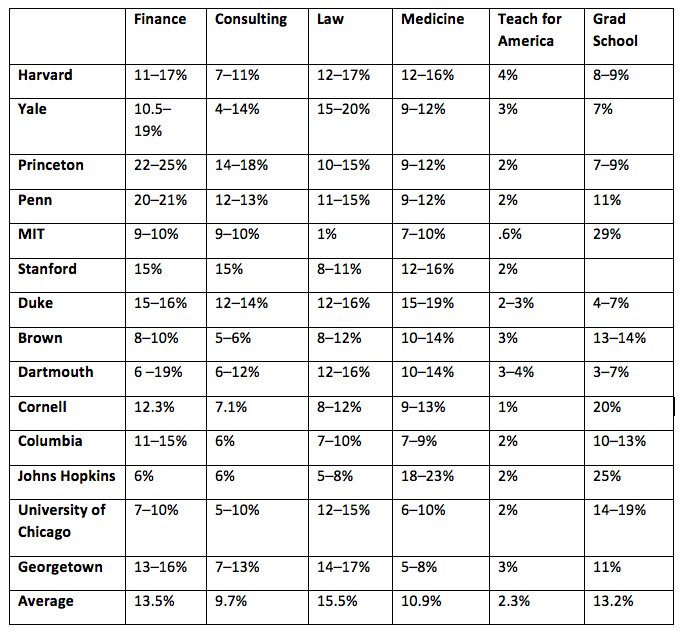
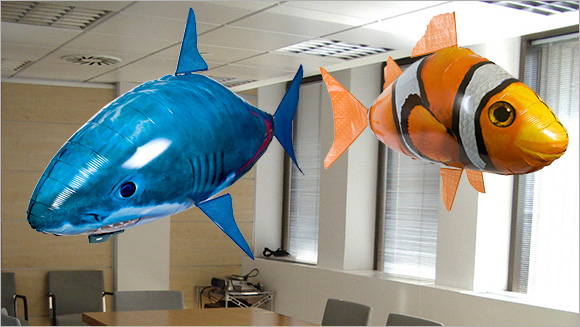
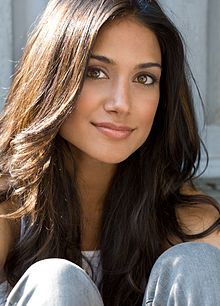
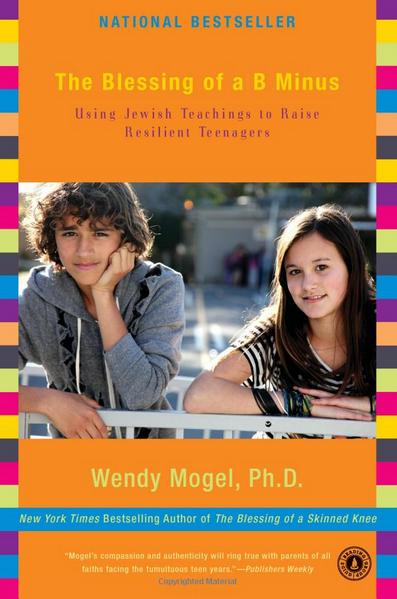
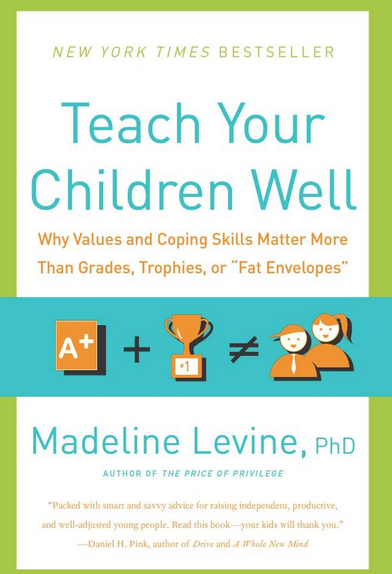
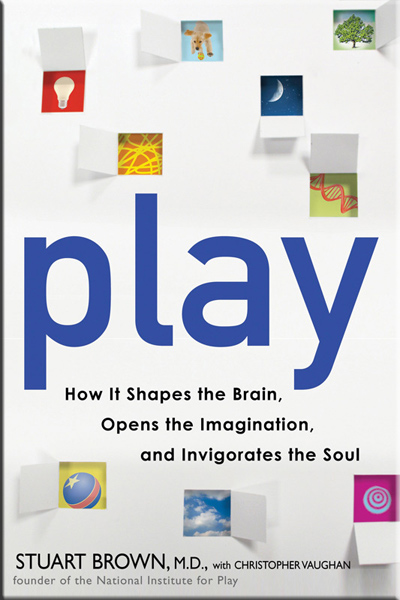
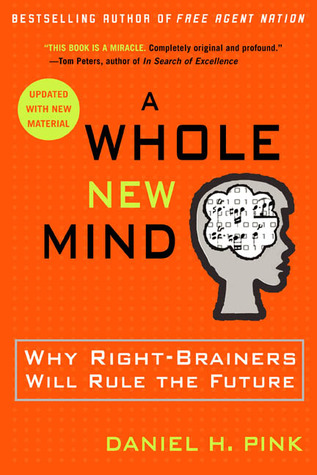

























 RSS Feed
RSS Feed